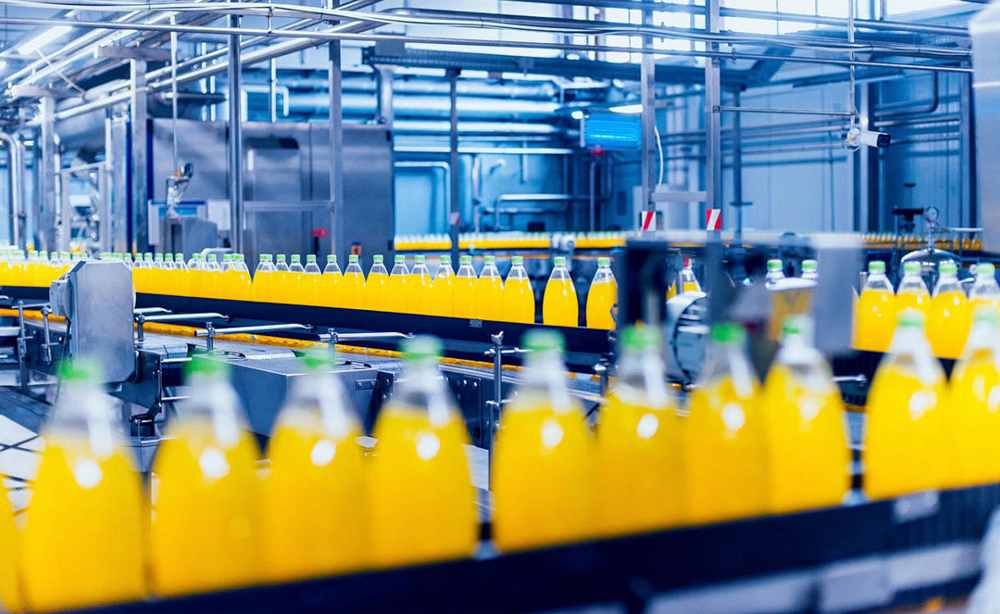
During the manufacturing, installation, and subsequent maintenance of equipment in the food and beverage, bio-fermentation, and pharmaceutical industries, industrial endoscopes can be used to inspect the internal weld formation and cleanliness of containers and pipelines.
During pipeline installation, the internal environment of the pipeline must meet relevant requirements. The weld seams must be smooth and uniform. Otherwise, liquid residue may form in the cracks, which can easily breed bacteria and cause contamination. To ensure that there is no environment suitable for bacterial growth, clean pipelines should adopt reasonable welding methods and welding sequences when welding. The weld surface appearance is uniform and beautiful, the weld quality is excellent, and there are no welding defects before the pipeline can be put into use.
The installation requirements for clean pipes are very strict, so the quality of welds is very high. The quality of welds directly affects the degree of liquid contamination and must be inspected with professional tools. It is required that all completed automatic welding, at least the automatic welding and all manual welding, must be inspected with an industrial endoscope.
The inspection standard is a smooth transition between the weld and the base material, with no obvious concave or convex on the inner surface, a uniform, straight weld wave, no weld deviation, no pinholes, no cracks, and no overheating or overburning of the weld. The inner and outer surfaces of the weld are basically the same brightness as the base material, silvery white, the heat-affected zone does not change color, and there must be no defects such as cracks and interlayers. All welds should be free of pitting, pinholes, corrosion marks, and spot welding marks, with no obvious concave or convex on the inner and outer surfaces, and a uniform and straight weld wave. After the weld is welded, the weld is inspected according to the endoscopic inspection procedures. The inspection standards must meet the design specification requirements, and unqualified welds must be repaired according to the repair specifications.
In the food, beverage, and pharmaceutical industries, the cleanliness requirements for clean pipelines are extremely high. In addition to weld inspection, pipelines must be thoroughly high-pressure cleaned, disinfected, and dried before commissioning and during daily cleaning. This controls the number of microorganisms and prevents contamination of liquids being transported, such as beverages and dairy products. Pipeline cleanliness is particularly important for the transportation of liquids like beverages and dairy products. Internal bacterial colonies, foreign matter, and impurities must be strictly controlled to ensure food hygiene and avoid contamination. Industrial endoscopes can use direct image observation to inspect cleanliness, verifying internal cleaning and the presence of residual liquid.
This shows that the industrial endoscope is a tool used to detect welding defects and internal cleanliness on the inner surface of pipelines. In addition, it can also remove scale, slag, protrusions, depressions, and foreign matter, impurities, paint, rust, burrs, dirt and other excess materials that affect the cleanliness of the pipeline, ensuring the inner wall is clean and dry, which is of great significance to improving cleanliness. At present, Coantec Ltd. has reached in-depth cooperation with many well-known domestic dairy beverage companies and herbal tea beverage companies. We believe that we will open up a larger application market in the food and pharmaceutical machinery industries in the future.